
Ruling No. 51388 of 2023: Unjustified Possession of Objects Capable of Offending and the Penalty of a Fine
The recent ruling of the Court of Cassation clarifies the punitive treatment in cases of unjustified carrying of objects capable of offense, highlighting the importance of qualifying the act as minor and the application of only a fine.
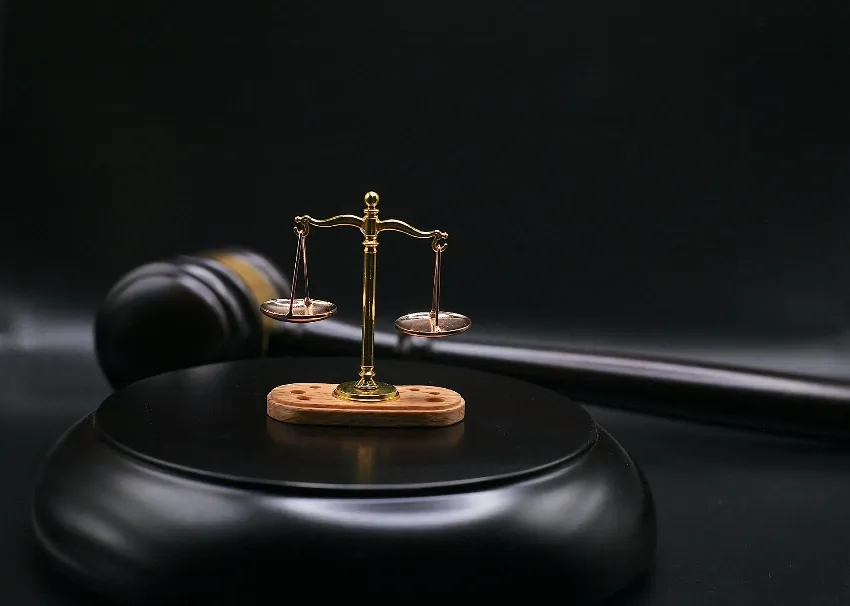
Analysis of Judgment No. 15642 of 2024: Omitted Submission of Technical Consultancy and Refusal of Official Acts
Judgment no. 15642 of 2024 clarifies the configurability of the crime of refusal of official acts in relation to the failure to file the technical consultancy, excluding criminal liability in the absence of urgency.
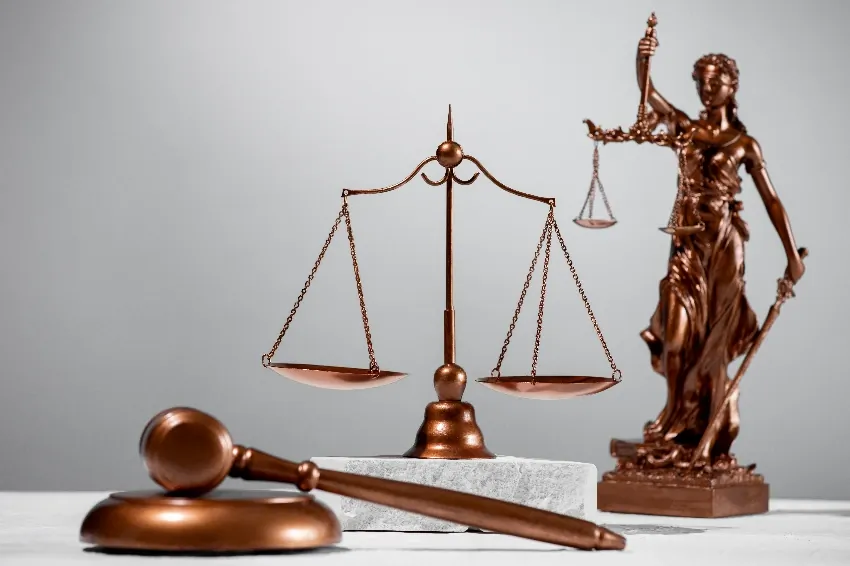
Analysis of Judgment No. 13201 of 2024: Liability in the Cooperation of Persons in the Crime.
Judgment No. 13201 of 2024 raises important reflections on the criminal liability of co-offenders, clarifying the meaning of presence and participation in the criminal act.

Judgment No. 14073 of 2024: The Non-Punishability for Particular Slightness of the Act and the Habituality of the Behavior.
Analysis of ruling no. 14073 of 2024 regarding the non-punishability due to the particular slightness of the act, with a focus on the habitual nature of the behavior and the criteria for assessing past conduct.
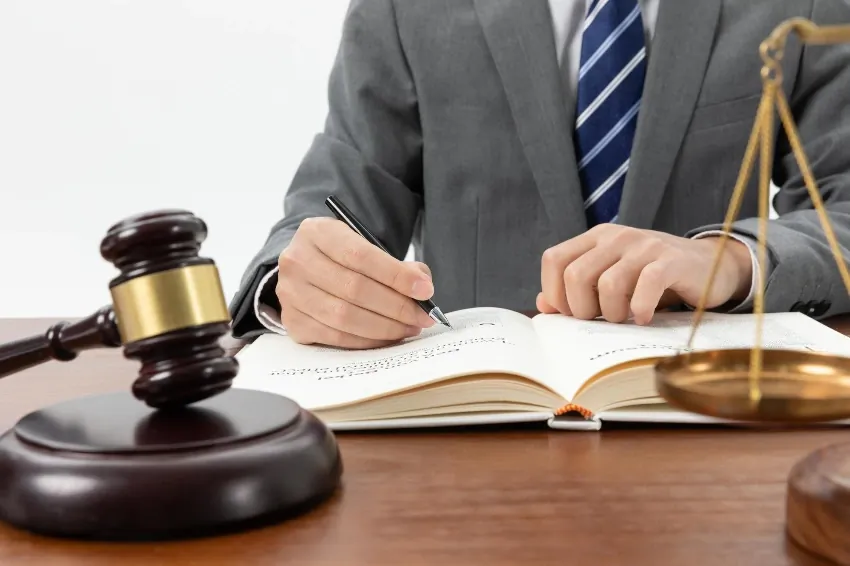
Ruling No. 14631 of 2024 and the Partial Revision of Building Offenses.
Let's analyze ruling no. 14631 of 2024 concerning the partial review of convictions in construction matters, clarifying the legal implications and the regulations governing its application.
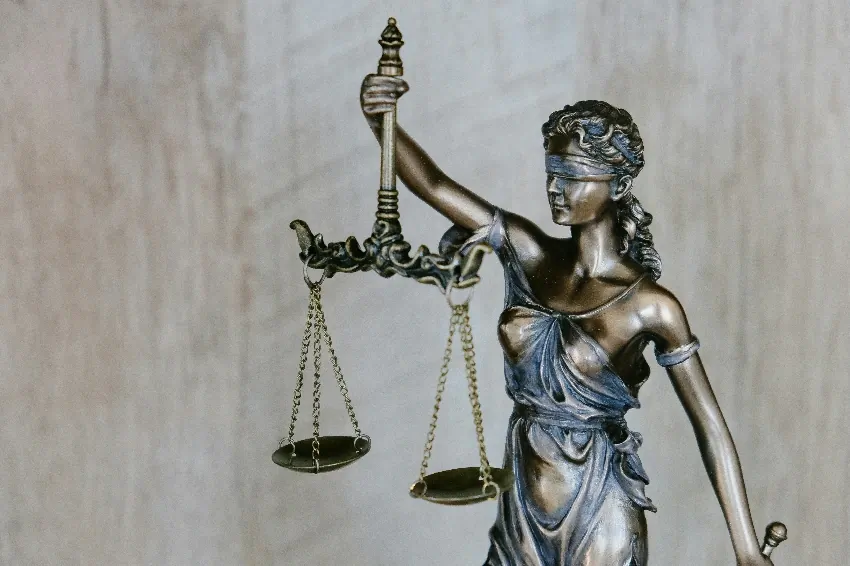
The ruling no. 16167 of 2024: instant offense in the change of use of real estate.
Let's analyze the recent ruling no. 16167 of 2024, which clarifies the concept of instantaneous crime in relation to the change of use of a property without the necessary permits, providing insights into the legal implications.
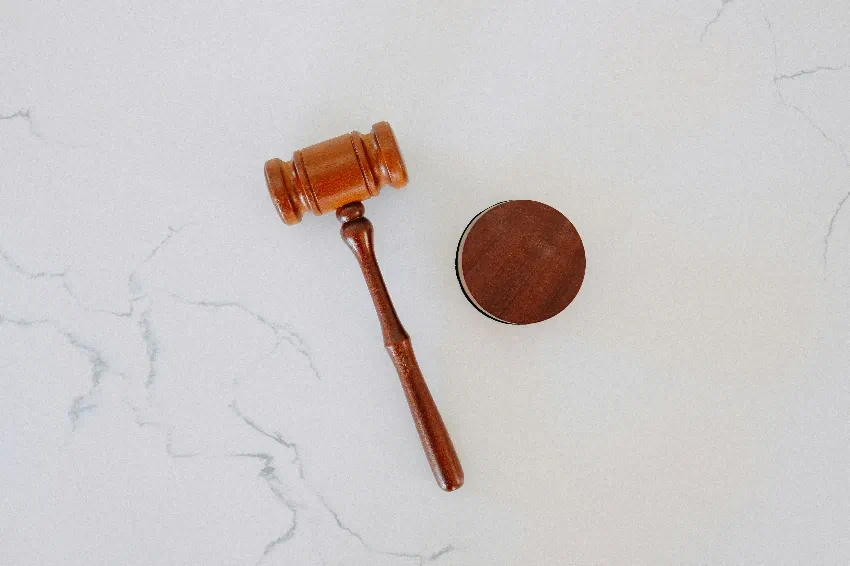
Food Contamination and Trade Fraud: Commentary on Judgment No. 15117 of 2024
The ruling no. 15117 of 2024 by the Court of Udine clarifies the configurability of the administrative offense in the case of food contamination during aging, excluding the crime of commercial fraud.

Commentary on Judgment No. 15438 of 2024: Illegality of the Penalty and Continuing Offense
Analysis of ruling no. 15438 of 2024 by the Court of Cassation, which clarifies the limits of the illegality of the penalty in the case of continued offenses, emphasizing the importance of the final measure of the penalty in relation to intermediate steps.
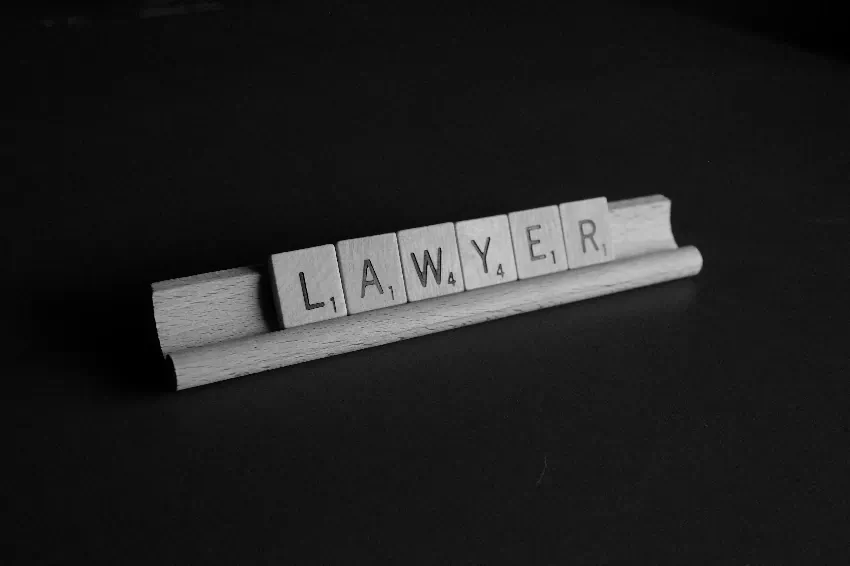
Commentary on Judgment No. 16352 of 2024: Balancing Test between Circumstances in Continuous Crimes.
Let's analyze the ruling no. 16352 of 2024 by the Court of Cassation, which clarifies the balancing assessment between circumstances in ongoing offenses, highlighting the importance of the circumstances related to the most serious offense.

Analysis of Judgment No. 14654 of 2024: Equivalent Confiscation and Plurality of Offenses
Let's explore the recent ruling No. 14654 of 2024, which outlines the limits of equivalent confiscation in the case of multiple offenses, clarifying when the extension of confiscation to profits not attributed to the defendant is legitimate.